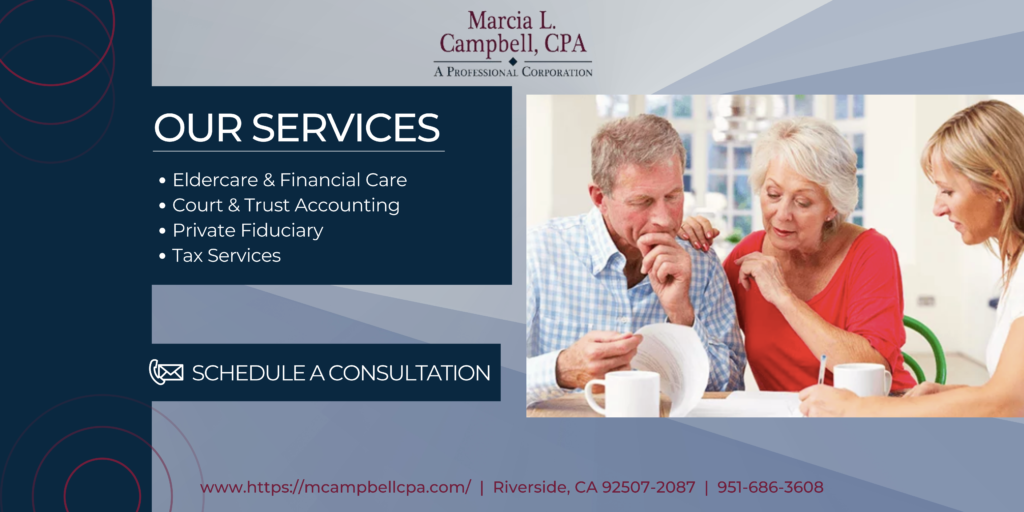 Let us paint a picture – you and your partner are basking in the afterglow of your recent wedding and blended family bliss. The future stretches out before you, a vibrant tapestry woven from the threads of your past relationships and the joy of your new, blended family.
Let us paint a picture – you and your partner are basking in the afterglow of your recent wedding and blended family bliss. The future stretches out before you, a vibrant tapestry woven from the threads of your past relationships and the joy of your new, blended family.
But a nagging voice pierces this excitement: What about the not-so-fun stuff? Like, you know, estate planning. Listen, we get it. You and your recently betrothed have found love, and that’s a beautiful thing. Estate planning for blended families can feel like skipping to the final chapter of your storybook relationship. But facts are facts: blended families add a layer of complexity to the inheritance game. Between stepkids, biological kids, and having a new spouse, “what-ifs” loom, and ensuring everyone’s future is secure can feel like navigating a legal minefield.
But what if we told you it doesn’t have to be daunting? Estate planning isn’t planning for the end of your relationship – it’s ensuring it lives on with the people you love the most and ensures you can take care of those same loved ones when you are no longer around to do so. Here’s how to prevent these complicated family dynamics from putting your estate in a blender.
Is Estate Planning Different for Blended Families?
At its core, estate planning is not inherently different for blended families. However, blended families pose unique challenges. Blended families mean more people to consider and updates to estate planning documents.
You and your spouse must discuss how you will account for each child, especially if children from previous marriages are involved. You may also need to have candid conversations with former spouses, which can be difficult.
One of the most challenging steps for blended families is choosing who to select as the guardian if anything were to happen, which means you will need to consider the best fit for each child while considering sibling relationships.
Estate planning for blended families also requires taking special care of dividing up assets, property, and funds, which is the root cause of many inheritance problems that arise. With so many more people to consider, tensions can quickly surface.
Another significant difference that factors into these situations is premarital vs. marital assets, and it is essential to devise strategies for handling separate and jointly owned property.
Top Considerations for Estate Planning for Blended Families
There are two key considerations that you cannot ignore in this situation. The first is that, while your blended family is as real as any other family, inheritance law can be a callous beast. If you fail to plan accordingly and create a will or trust, your estate enters intestate.
Intestate succession does not account for stepchildren, meaning they could be excluded altogether from receiving an inheritance, regardless of whether or not you love them like your biological children.
Intestate succession and probate can feel like legal purgatory. But with a blended family, it can become purgatory, with a knife fight. Don’t let the law write your love story!
Another consideration is complex dynamics and emotions that surface after you have passed away and inheritance is distributed. Even if you take the necessary precautions and set up a trust or create a will, this does not guarantee smooth sailing.
If you choose a biological child, for example, to be the executor or trustee of your estate, this could create tensions between them and your stepchildren when they are distributing assets. This is why having an objective professional fiduciary manage your estate is essential.
Remember that in these situations, people often misinterpret their inheritance as the quantification of how much you loved them, and blended families add several dimensions of complexity to this. It’s essential to work with an attorney to carefully and fairly divide your estate.
It’s also crucial to discuss these matters with your loved ones so there are no surprises.
Related Article: What Estate Planning Documents Should Each Spouse Have?
What Tools Are at Your Disposal for Estate Planning for Blended Families?
Generally speaking, you have a few tools at your disposal to help with estate planning and ensure you take care of every member of your blended family. Setting up a trust could be a great way to distribute assets, especially if you want to do so over time.
Maybe a member of your blended family is young, and you don’t want them to receive certain assets or funds until they’re 18. Creating a trust could be a great solution in this situation.
A will could also be a good way to take care of your blended family, though it’s important to note that these are not long-term solutions.
Other important tools to consider are things like life insurance policies and retirement accounts. An attorney and professional fiduciary can advise you on your best course of action.
“A blended family is a beautiful thing. It means you have more people to love and more people who love you. Who doesn’t want that? But it’s important not to let your current joy cloud your judgment. Blended families add some legal complexities that you must navigate, and having a solid estate plan is essential to ensuring every member of your family, new and old, is taken care of.”
– Marcia L. Campbell, CPA & Professional Fiduciary
Related Article: Advantages of Trusts for Estate Planning
Don’t Let Your Blended Family Turn into a Legal Blender! Hire a Professional Fiduciary for Estate Planning for Blended Families.
You deserve every ounce of happiness that comes from your new family, which is a beautiful mix of past relationships and future joy. But don’t let your current elation distract you from caring for these new, cherished members of your tribe! We get it – it’s not exactly a romantic topic, and it’s definitely not one that will contribute to the vibe of your honeymoon. But ignoring blended family estate planning can turn your happily ever after into a legal nightmare.
Imagine family feuds erupting over a murky inheritance, causing rifts and worse. Working with a professional attorney and fiduciary is a great way to dispel doubt and minimize future drama. Remember – it’s not about planning the end; it’s about planning for a future where your loved ones are taken care of, no matter what.

